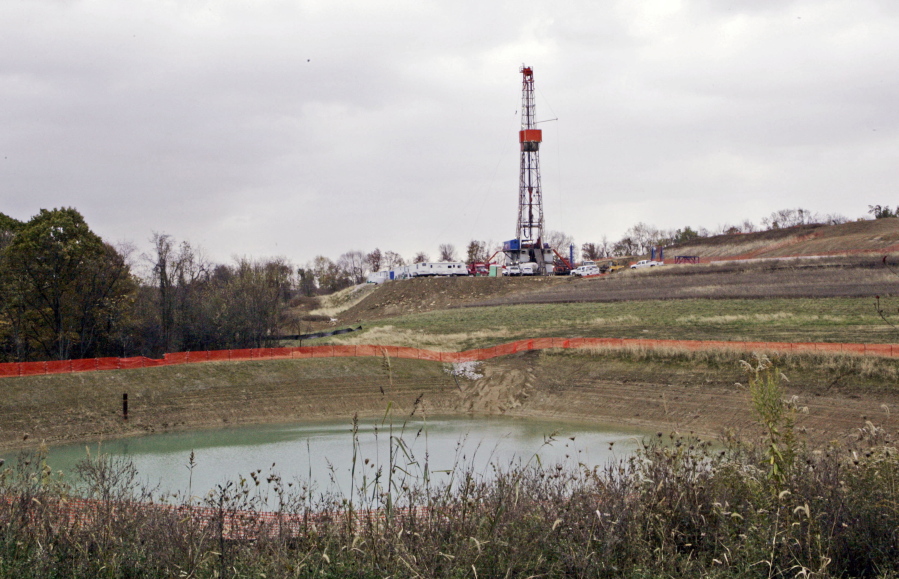HOUSTON, Pa. — New research suggests drinking water supplies in Pennsylvania have shown resilience in the face of a drilling boom that has turned swaths of countryside into a major production zone for natural gas.
Energy companies have drilled more than 11,000 wells since arriving en masse in 2008, making Pennsylvania the nation’s No. 2 gas-producing state after Texas. Residents who live near the gas wells, along with environmental groups and some scientists, have long worried about air and water pollution.
Two new studies that looked at groundwater chemistry did not find much of an impact from horizontal drilling and hydraulic fracturing — or fracking — the techniques that allow energy companies to extract huge volumes of oil and gas from shale rock deep underground. The results suggest that, as a whole, groundwater supplies appear to have held their own against the energy industry’s exploitation of the Marcellus Shale, a rock layer more than a mile underground that holds the nation’s largest reservoir of natural gas.
In a study published Monday, a team from Yale University installed eight water wells and drew samples every few weeks for two years — during which seven natural gas wells were drilled and fracked nearby — to measure changes in methane levels at various stages of natural gas production. Methane is not toxic to humans, but at high concentrations it can lead to asphyxiation or cause an explosion.
Researchers found that methane spiked in some water wells but attributed rising methane levels to natural variability, not drilling and fracking.



